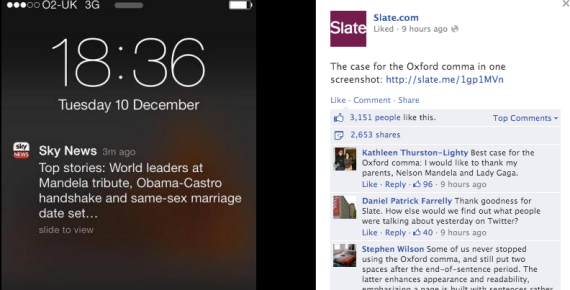Lawsuit alleges that idea for “Ted” the foul-mouthed bear was stolen
A production company in California, Bengal Mangle Productions, has filed a lawsuit alleging copyright infringement over the 2012 movie about a foul-mouthed stuffed toy, according to The Hollywood Reporter. The lawsuit alleges that Seth MacFarlane Fuzzy Door Productions, Media Rights Capital, and Universal Studios stole the idea behind “Ted” a stuffed animal that lives in a human world, is vulgar and likes drinking, smoking and prostitutes.
In order to prove copyright infringement, one must show copying of the protected elements of a valid copyright. Funky Films, Inc. v. Time Warner Entertainment Co., 462 F.3d 1072 (9th Cir., 2006) Typically, ownership is less of an issue than “proof of infringement,” which involves fact-based showings of “access” to the protected work and “substantially similarity between the two works.
The complaint, made available by The Hollywood Reporter, claims MacFarlane and the other defendants had access because the character of “Ted” was taken from the screenplay for a work called Acting School Academy that features a character named “Charlie” who “lives in an adult world with his human friends and “has a penchant for drinking, smoking, prostitutes.” Acting School Academy was turned into a web series featured on YouTube and iTunes as early as 2009 and the Charlie character had a YouTube spinoff titled “Charlie the Abusive Teddy Bear.” MacFarlane’s Ted didn’t play in theaters until 2012.
The lawsuit claims, the “Ted character is strikingly similar to Plaintiff’s Charlie character. Like Ted, Charlie lives in a human world, is vulgar and likes drinking, smoking and prostitutes.”
While on the surface it appears that Bangle Mangle has a viable copyright infringement claim, it is more complicated. The premise of the copyright infringement claim – one that has been completely overlooked by most media – is the assumption that the “Charlie” character is protected under copyright law.
A recent 7th Circuit court case examined the boundaries of protectable story characters in the context of literary works. “The more vague, the less “complete,” a character, the less likely it is to qualify for copyright protection.” For example, “a character described merely as an un-expectedly knowledgeable old wino,” may not be protectable. However, “a character that has a specific name and appearance” whose attributes include “what he knows and says, his name, and his … facial features combine to create a distinctive character. No more is required for a character copyright.” Klinger v. Conan Doyle Estate, Ltd. No. 13 C 1226 (N.D. Ill., 2013)
The result in Bengal Mangle Productions, LLC v. Seth MacFarlane, et al. 14-cv-5498 (C. Dist. CA 2014) will no doubt turn on the scope of protection afforded to the bear’s character.
David Adler is the founder of Adler Law Group and practices in the firm’s technology and intellectual property sections. David’s practice primarily involves assisting companies in commercializing and protecting their intellectual property and technology assets. David’s clients range from software companies to film production companies to digital content aggregators. For additional articles on IP, media and entertainment law, visit adlerlaw.wordpress.com.


